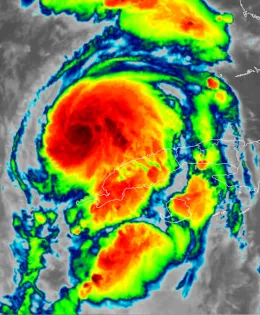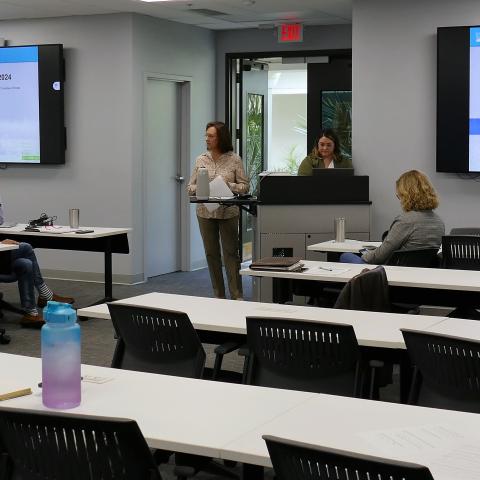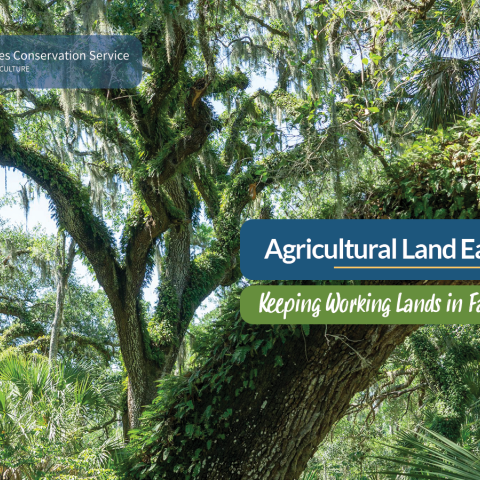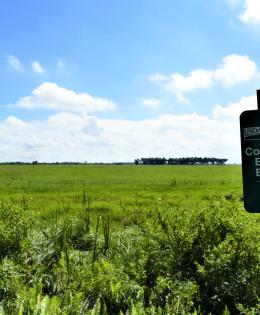
Welcome to Florida NRCS! We offer financial and technical resources that help farmers, ranchers, and foresters conserve soil, protect water, and provide wildlife habitat. All our programs are voluntary and benefit both landowners and the environment!
Florida NRCS, led by our State Conservationist and Leadership Team, serves diverse agricultural needs through four area offices, 34 field offices, and a Plant Materials Center. We provide voluntary, cost-effective program and technical assistance to landowners to conserve, protect and improve soil, water, air, plants and animals. In doing so, we enable farmers and landowners to better steward and manage their property and remain economically viable.
How to reach your local Florida NRCS office: Download our Florida NRCS Service Center Contact Flyer or visit the USDA NRCS Contact Us Page to find a local service center, employee or National Information Center.
View our Fiscal Year 2023 Annual Report: Click the cover image below (center) or visit our State Office page to download the PDF version.

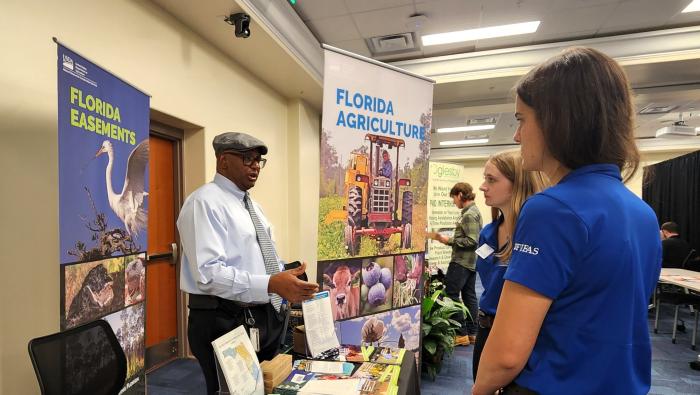

Check out a new Obstruction Removal video, part of the Conservation at Work video series., filmed in Wauchula, Florida.
Florida State Office
State Programs and Initiatives
En Español: El Servicio de Conservación de Recursos Naturales (NRCS) del Departamento de Agricultura (USDA) en Florida invita a los agricultores y ganaderos a presentar solicitudes para varios programas de conservación. La participación en todos los programas es voluntaria y continuo, pero habra ocasiones en que se anuncien fechas de vencimiento para aplicar segun cantidades de fondos anuales. Para obtener más información sobre los programas de asistencia técnica y financiera de NRCS visite el siguiente sitio web: Informacion de NRCS en Español.
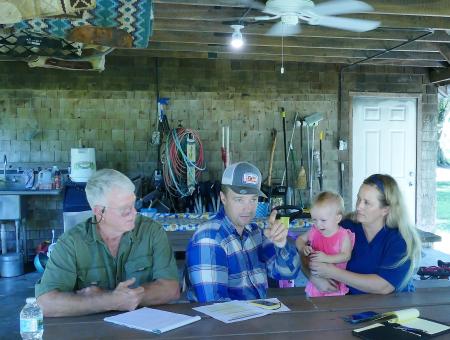
State Payment Schedule
NRCS provides financial assistance for selected conservation practices. The availability and amount of financial assistance can vary between states.

Civil Rights Committee
The National Civil Rights Advisory Committee to the Chief (NCRACC) is designed to provide management officials and employees with counsel and advice to enhance and ensure compliance with their equal employment opportunity and program delivery responsibilities.

State Technical Committee
State Technical Committees serve in an advisory capacity to the Natural Resources Conservation Service (NRCS) and other agencies of the U.S. Department of Agriculture (USDA) on the implementation of the natural resources conservation provisions of Farm Bill legislation.
How to Get Assistance
Do you farm or ranch and want to make improvements to the land that you own or lease?
Natural Resources Conservation Service offers technical and financial assistance to help farmers, ranchers and forest landowners.
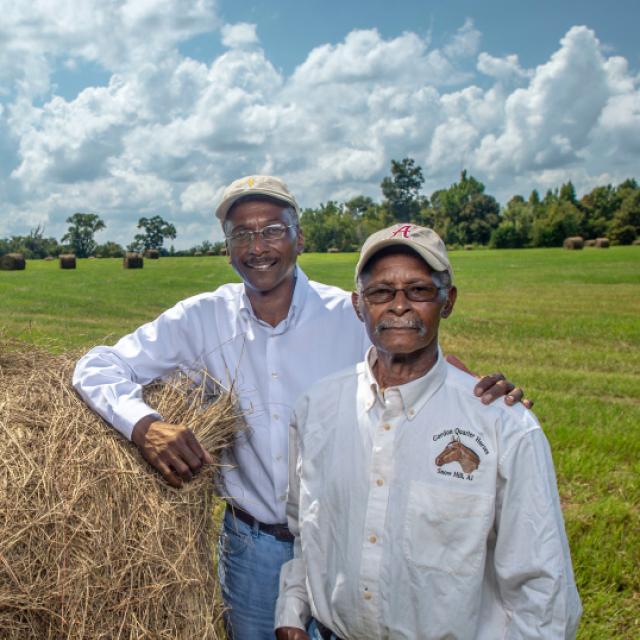
To get started with NRCS, we recommend you stop by your local NRCS field office. We’ll discuss your vision for your land.
NRCS provides landowners with free technical assistance, or advice, for their land. Common technical assistance includes: resource assessment, practice design and resource monitoring. Your conservation planner will help you determine if financial assistance is right for you.
We’ll walk you through the application process. To get started on applying for financial assistance, we’ll work with you:
- To fill out an AD 1026, which ensures a conservation plan is in place before lands with highly erodible soils are farmed. It also ensures that identified wetland areas are protected.
- To meet other eligibility certifications.
Once complete, we’ll work with you on the application, or CPA 1200.
Applications for most programs are accepted on a continuous basis, but they’re considered for funding in different ranking periods. Be sure to ask your local NRCS district conservationist about the deadline for the ranking period to ensure you turn in your application in time.
As part of the application process, we’ll check to see if you are eligible. To do this, you’ll need to bring:
- An official tax ID (Social Security number or an employer ID)
- A property deed or lease agreement to show you have control of the property; and
- A farm number.
If you don’t have a farm number, you can get one from USDA’s Farm Service Agency. Typically, the local FSA office is located in the same building as the local NRCS office. You only need a farm number if you’re interested in financial assistance.
NRCS will take a look at the applications and rank them according to local resource concerns, the amount of conservation benefits the work will provide and the needs of applicants. View Application Ranking Dates by State.
If you’re selected, you can choose whether to sign the contract for the work to be done.
Once you sign the contract, you’ll be provided standards and specifications for completing the practice or practices, and then you will have a specified amount of time to implement. Once the work is implemented and inspected, you’ll be paid the rate of compensation for the work if it meets NRCS standards and specifications.



